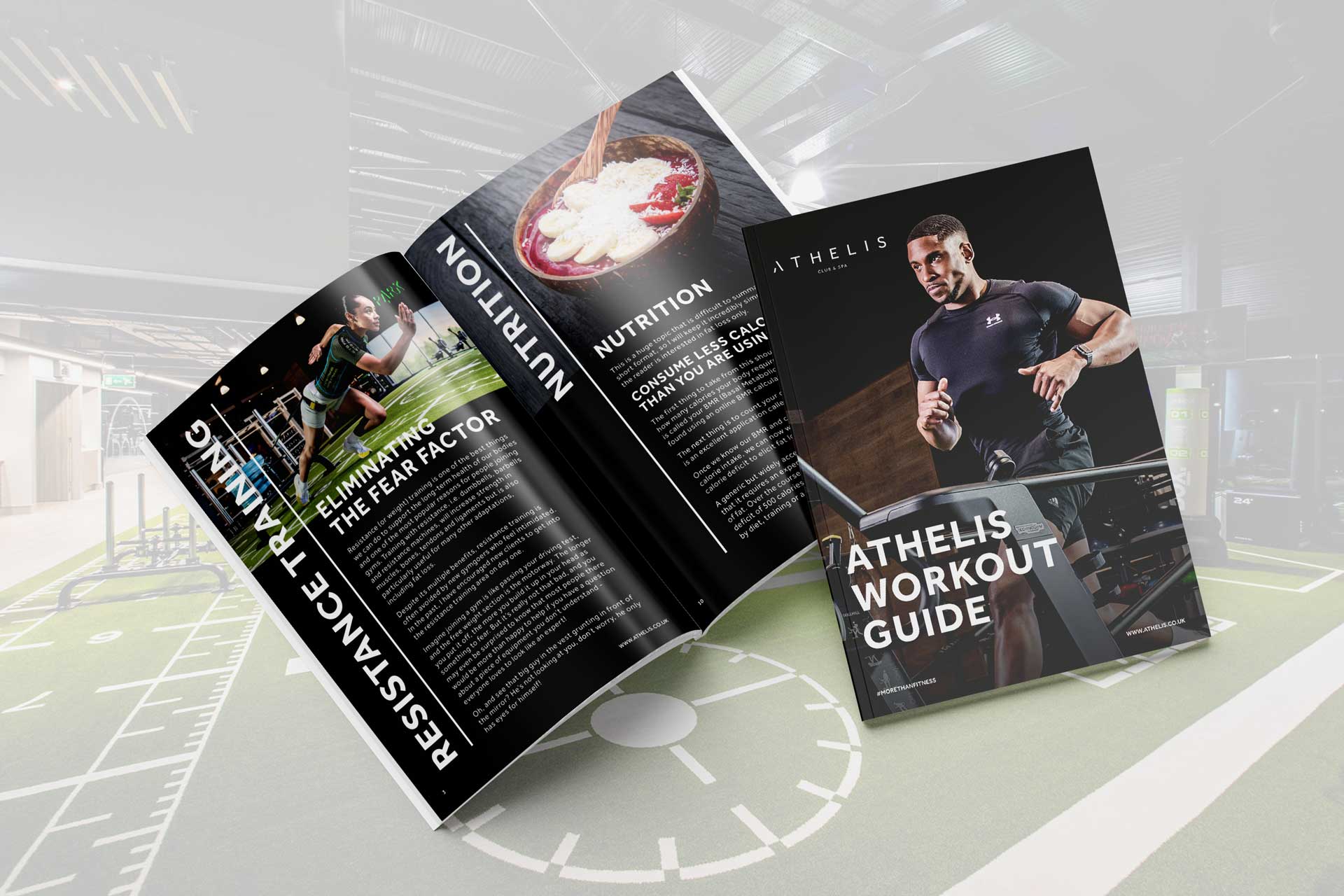For those who suffer from hay fever, the summer’s high pollen counts can be a nightmare.
About one in four people in the UK are affected by hay fever, ranging from mild symptoms to severe problems. It plays havoc with immune systems, causing inflamed nostrils, multiple sneezes throughout the day, scratchy throats, red, watery eyes, and runny noses.
And if left untreated, it can also develop into further breathing problems like asthma.
But there are ways to combat and avoid hay fever.
MAKE CHANGES AT HOME FIRST
Comfort is essential at home. It’s the place where we relax, unwind, and sleep. That means keeping pollen out of all rooms wherever possible.
- Don’t mow the lawn - it disturbs pollen and sends it scattering around your house.
- Close all windows during the day – to help prevent pollen coming aside (it’s OK to have them open at night).
- Wash and change more frequently - pollen sticks to every part of our bodies, especially clothes and hair, so wash much more frequently during hay fever season, especially before bed. Take clothes off outside of bedrooms, minimising the risk of pollen getting the room and onto pillows.
- Avoid outside drying - stick with the tumble dryer or maiden so clothes don’t attract pollen.
- Hoover and dust more often - preventing pollen from sticking to carpets and furniture wherever possible.
- Keep pets separate from hay fever sufferers – they’re magnets for pollen and will likely bring plenty in from outside.
STOCK UP ON THE MEDICINES
Depending on the type of pollen allergies and the severity of symptoms, medicines can help. Just be sure to speak with a pharmacist or GP to get a professional opinion.
- Over the counter antihistamines can relieve suffering.
- Nasal sprays can ease nostril inflammation.
- Vaseline rubbed inside nostrils can act as barrier to prevent pollen from sticking.
Any medications should be bought and started before the hay fever season, to give them the best chance of working.
WATCH YOUR DIET
Certain foods help reduce symptoms, while others can worsen hay fever.
A balanced diet is always vital, but be wary of apples, bananas, celery, melon and tomatoes. Surveys and studies of hay fever sufferers have found these foods could make symptoms more severe, possibly because residue pollen can be found on the food, and because they contain some histamine stimulant too.
Instead, opt for anti-inflammatory foods to help reduce swelling in your nose and throat. The best are those with Omega 3 and 6 fatty acids - like oily fish, nuts and seeds. Stock up ahead of hay fever season.
Some swear by a spoonful of locally produced honey every day too, to help build up immunity to the pollen in your area.
Avoid alcohol - even if it is hard during those summer BBQ parties! Not only does alcohol dehydrate you, and make your symptoms seem worse, beer, wine and spirits make you more sensitive to pollen. They also all contain a chemical histamine that sets off allergy symptoms.
EXERCISE MORE
Regular exercise helps combat hay fever too and relieve the symptoms associated with it!
- On its own, studies have shown that those who exercise regularly have much milder symptoms of hay fever throughout the entire season, and their minds are also distracted from the impact symptoms can have.
- Exercise reduces stress, which is beneficial too. Those with lower stress levels have been found to have milder symptoms of hay fever as well.
- And exercise also helps improve sleep. A well-rested body is essential in fighting hay fever and relieving associated symptoms.
BE CAREFUL OF TIMINGS
If you’re walking outdoors or exercising outside, be very careful about the time you choose for any kind of activity. In the heat of the summer, we often time our outdoor exercise to first thing early morning or evening time after work.
These are the times when the pollen count is at its highest, between 8am and 10am and 5pm - 7pm. That’s because the air is warming up or cooling down, and so pollen is moving around more freely.
If you’re exercising outside, try either late morning or early afternoon, when pollen counts are lowest - but be wary of the sun and the heat.
Staying indoors at the gym may be the better option during hay fever season – and Athelis Club & Spa has plenty of workout spaces to enjoy.





